September 28-29, 2006
Spinal Cord Injury Research: Molecular and Cellular Mechanisms to Promote Neuronal Growth and Glial Reconstruction
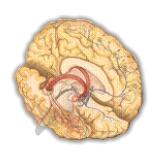 Welcome
Welcome
Major advancements in the understanding of the cellular mechanisms underlying CNS Development, damage and repair are dramatically altering our ability to understand a multitude of fundamental problems in neurobiology. This Symposium will provide a focused presentation on a spectrum of advances that are receiving considerable attention at the national and international levels.
Speakers
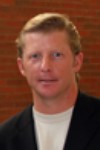 Keynote Address
Keynote Address
John W. McDonald, M.D., Ph.D., Johns Hopkins Medicine and Kennedy Krieger Institute
Dr. John W. McDonald, is an associate professor of neurology at the Johns Hopkins University School of Medicine and a Director of International Center for Spinal Cord Injury, Kennedy Krieger Institute. His research is increasingly focusing on approaches to regeneration and restoration of function in spinal cord injury and other disorders of paralysis using activity-base therapies. Such focus includes other regenerative approaches that have the potential of being translated into human therapies in the near-term.
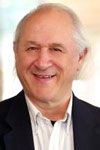 Introduction and Overview of the Symposium; Biology and Physiology of CNS Progenitors in Respect to CNS Repair
Introduction and Overview of the Symposium; Biology and Physiology of CNS Progenitors in Respect to CNS Repair
Mark Noble, Ph.D., University of Rochester
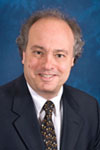 Strategies for Motor Neuron-Directed Therapies
Strategies for Motor Neuron-Directed Therapies
Steven Goldman, M.D., Ph.D., University of Rochester
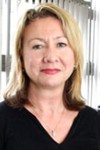 Physiological and Molecular Approaches to Enhancing CNS Regeneration
Physiological and Molecular Approaches to Enhancing CNS Regeneration
Marie Filbin, Ph.D., Hunter College
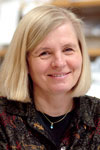 Purinergic Signaling in Spinal Cord Injury
Purinergic Signaling in Spinal Cord Injury
Maiken Nedergaard, M.D., D.M.Sc., University of Rochester
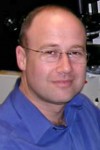 Suppressing Scar Formation and Bridging Spinal Cord Injuries: New Solutions to Old Problems
Suppressing Scar Formation and Bridging Spinal Cord Injuries: New Solutions to Old Problems
Stephen Davies, Ph.D., Baylor College
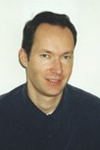 Molecular Analysis of Inhibitors of CNS Regeneration
Molecular Analysis of Inhibitors of CNS Regeneration
Roman Giger, Ph.D., University of Michigan
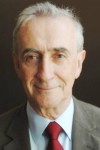 Physical Therapy by Robots: A Critical Component of Future Restorative Strategies
Physical Therapy by Robots: A Critical Component of Future Restorative Strategies
Neville Hogan, Ph.D., MIT